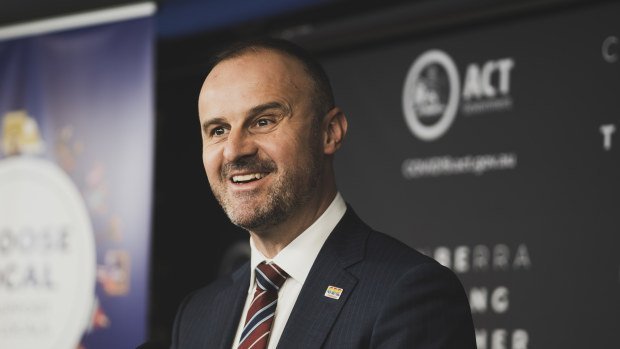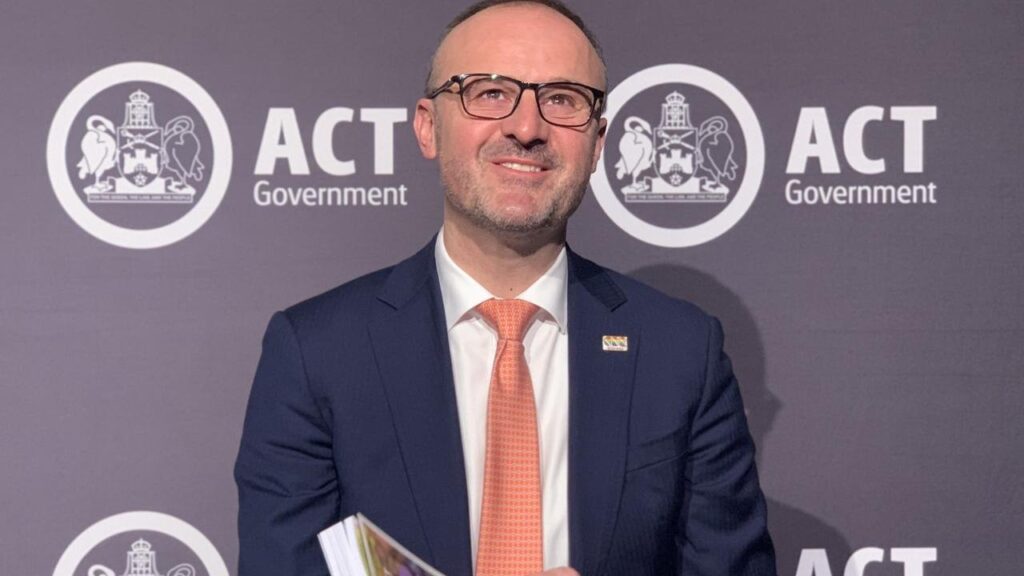Canberra’s ‘Forever Government’ on Shaky Ground: Labor’s 22-Year Grip on Power Under Threat
- ACT Labor’s brand is “tired and fatigued” after 8,765 days in power, with voters growing weary of big infrastructure projects draining the territory’s coffers.
- Chief Minister Andrew Barr, Australia’s longest-serving state or territory leader, faces rumblings about his political future as the party struggles to reconnect with the electorate.
- A proposed $250 health levy sparked widespread outrage, with critics accusing the government of mismanaging the budget and prioritizing flashy projects over essential services.
It’s been 22 years since Labor first took the reins in Canberra, and the party’s grip on power is starting to show signs of fatigue. With 8,765 days under its belt, ACT Labor’s brand is looking “tired and fatigued,” according to ANU political marketing expert Andrew Hughes. The warning signs are clear: voters are growing increasingly disillusioned with the government’s priorities, and the opposition is sensing an opportunity to strike.
At the helm of the Labor government is Chief Minister Andrew Barr, who has been in the top job since 2014. With nearly a decade of experience under his belt, Barr is facing rumblings about his political future.
“I think ACT Labor and Andrew Barr himself know that at some point they will need to refresh the brand and that their electoral prospects will probably get a boost as a result,” said ANU political scientist Jill Sheppard.
But for now, the government is facing a backlash over its proposed budget measures. A $250 health levy sparked widespread outrage, with critics accusing the government of mismanaging the budget and prioritizing flashy projects over essential services.
Carol Croce, a 71-year-old grandmother, was forced to wait six years for a hip replacement and was furious when she heard about the levy. “I thought, you can’t manage your budget appropriately enough so that there are enough resources for public patients and instead you’re going to put it back on the patient again,” she said.
The government was eventually forced to walk back the levy to $100 after striking a deal with the Greens. But the damage has already been done, with voters expressing frustration over the government’s handling of the budget. “To people in the rest of Canberra who don’t get a direct benefit from light rail, we’re all thinking, ‘Where’s the money going?’,” said Dr. Hughes.

Despite the challenges facing the government, analysts say there is no real threat to Labor’s power – at least for now. The Canberra Liberals are still struggling to get their act together, with internal divisions and backbenchers speaking out against the party leadership. Support for independents has risen among ACT residents, with two independents elected to the Legislative Assembly last year. But for now, it seems Labor’s prospects in 2028 are safe.

